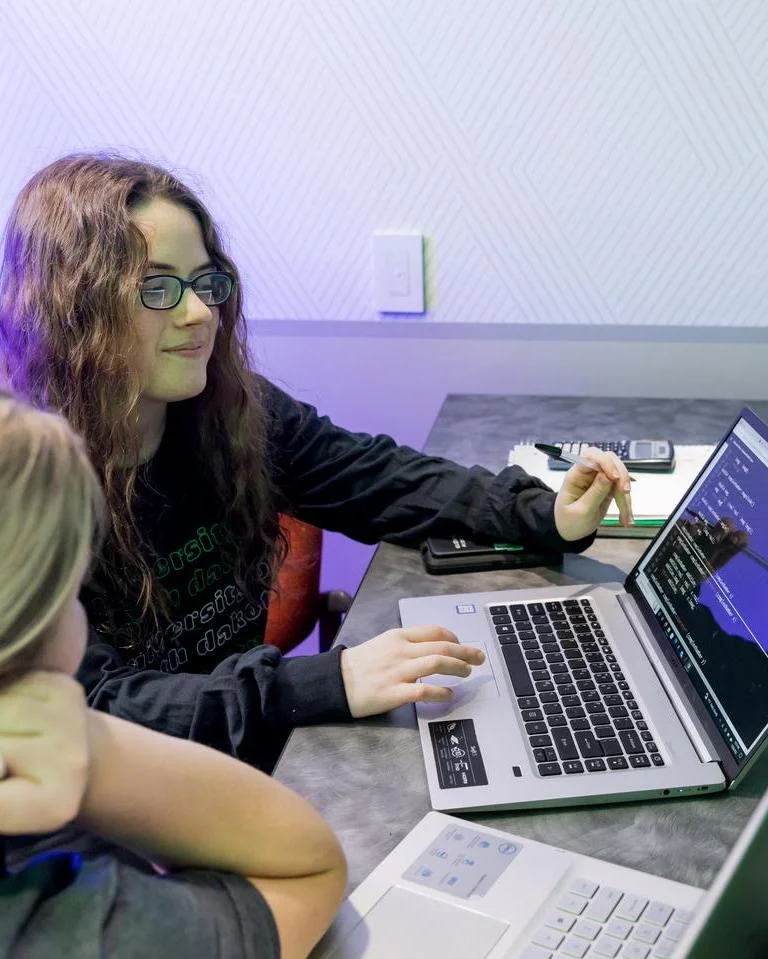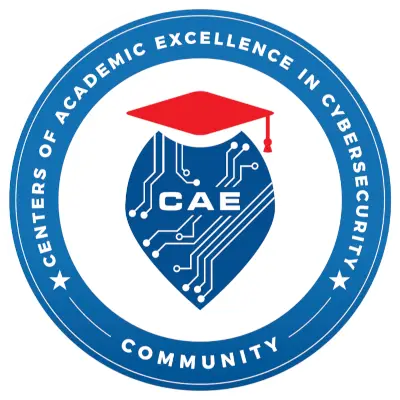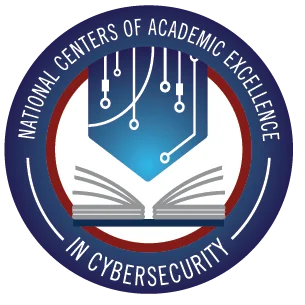Online Master's in Cyber Security
Develop your next-generation cyber skills.
UND's Cyber Security master's degree is ideal for those who want to understand and protect against hackers and breaches, build secure computer networks, and develop valuable data assets, systems and processes. Our online Cyber Security master's gives you the flexibility to continue your career while earning your master's.
- Program type:
- Master's Degree
- Format:
- Online
- Est. time to complete:
- 2 years
- Credit hours:
- 36
Why choose UND’s online Cyber Security master’s program?
-
Affordable and 100% Online Cyber Security Master's Degree
-
Get prepared to sit for industry certification exams. Companies that hire cyber security professionals typically look for certifications to demonstrate expertise and understanding.
-
Learn 100% online. There is no on-campus requirement and you can complete your master's from anywhere.
-
Remove hurdles. The online master's in Cyber Security does not require a GRE or GMAT entrance exam for admission.
-
Earn your master's at a program accredited by the Computing Accreditation Commission of ABET. All courses meet standards of quality and rigor.
-
At UND’s Artificial Intelligence Research (AIR) Center, you’ll explore the future of AI through hands-on research and real-world projects. From cybersecurity and healthcare to autonomy and education, you’ll collaborate with experts and partners to design ethical, innovative solutions that go beyond the classroom.
-
The Center for Cyber Security Research brings you together with other students, faculty and researchers who are in the field of cybersecurity across departments within the College of Engineering & Mines across campus.
Career Opportunities with a Master's in Cybersecurity
Courses You’ll Take
Online Master's in Cyber Security
Alumni Spotlights
UND’s master's in Cyber Security program is a great mix of technical, hands-on work and in-depth research. Ranging from computer forensics, to psychology, and emerging threats, the program's well-rounded and has something to offer for every student. I'm confident that my Cyber Security master's degree gave me the skills I need to succeed in the cybersecurity industry.
Danika Hannon, Alum
I thought the program was very well structured. I was very happy with having the choice of a couple paths of study that fit my interests better than a universal path. The faculty and advisors are always willing to work with you to resolve any issues you may have. The entire course path is online, and the courses are structured well.
I feel well prepared to take the certification exams for my courses of study and even noted similarities with the items learned in the program to an independent certification I took. I recommend this program to those looking to increase their knowledge and toolset within the cybersecurity industry.
Connor Dymerski, Alum
Project Engineer at Communication Network Engineering, Inc.
Pursuing my M.S. in Cyber Security was one of the best decisions I've made for my career. The program provided me with practical skills, real-world insights, and the confidence to tackle complex challenges in an evolving cybersecurity landscape. The faculty's support and mentorship were invaluable, and the coursework's real-world applications have directly contributed to my success in the field. I highly recommend this program to anyone looking to advance their career in cybersecurity.
Taylor Guffey, Alum
Leader in Action
Julia Dewhurst plans to work in ethical hacking. She says, "it's an interesting way and fun way to apply what I'm learning in school."



